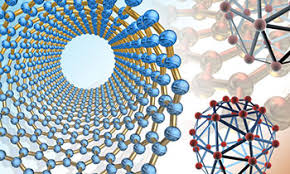Mechanical and Materials Engineering, Department of

Department of Mechanical and Materials Engineering: Faculty Publications
Document Type
Article
Date of this Version
2013
Citation
BioResearch Volume 2, Number 3, June 2013
Abstract
Establishing extracellular milieus to stimulate neuronal regeneration is a critical need in neuronal tissue engineering. Many studies have used a soluble factor (such as nerve growth factor or retinoic acid [RA]), micropatterned substrate, and electrical stimulation to induce enhanced neurogenesis in neuronal precursor cells. However, little attention has been paid to mechanical stimulation because neuronal cells are not generally recognized as being mechanically functional, a characteristic of mechanoresponsive cells such as osteoblasts, chondrocytes, and muscle cells. In this study, we performed proof-of-concept experiments to demonstrate the potential anabolic effects of mechanical stretch to enhance cellular neurogenesis. We cultured human neuroblastoma (SH-SY5Y) cells on collagen- coated membrane and applied 10% equibiaxial dynamic stretch (0.25 Hz, 120 min/d for 7 days) using a Flexcell device. Interestingly, cell stretch alone, even without a soluble neurogenic stimulatory factor (RA), produced significantly more and longer neurites than the non–RA-treated, static control. Specific neuronal differentiation and cytoskeletal markers (e.g., microtubule-associated protein 2 and neurofilament light chain) displayed compatible variations with respect to stretch stimulation.
Included in
Mechanics of Materials Commons, Nanoscience and Nanotechnology Commons, Other Engineering Science and Materials Commons, Other Mechanical Engineering Commons


Comments
Copyright Mary Ann Liebert, Inc.
Open access
DOI: 10.1089/biores.2013.0008